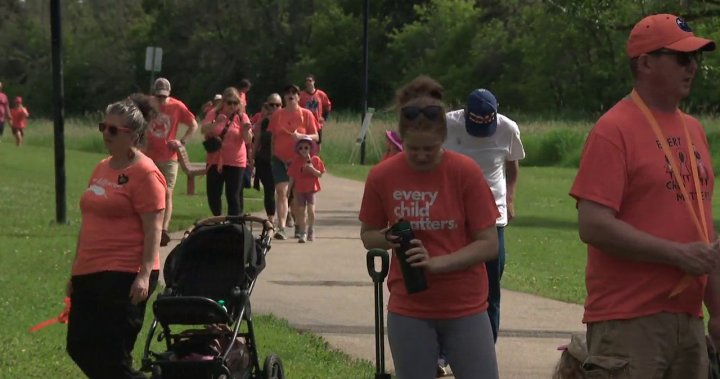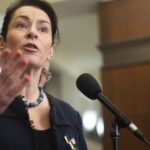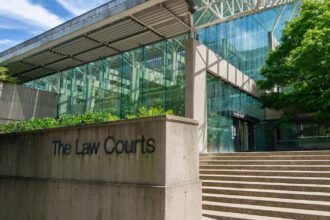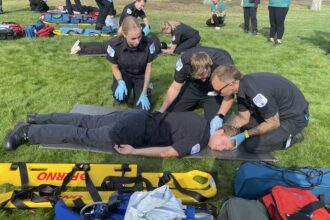The streets of St. Albert were alive with purpose this Canada Day as hundreds of residents traded traditional celebrations for a powerful demonstration of solidarity. The fourth annual Run for Reconciliation drew record participation, with over 500 community members gathering to acknowledge Canada’s complex history and support Indigenous healing initiatives.
“This isn’t just another holiday run,” explained event organizer Marie Callihoo, a member of the Michel First Nation. “Each step these participants take represents a commitment to truth and reconciliation that extends beyond a single day of awareness.”
The event, which began in 2021 following the discovery of unmarked graves at former residential school sites across Canada, has evolved from a modest gathering into a significant community movement. Participants had options for 1K, 5K, and 10K routes, all beginning at St. Albert Place before winding through riverside trails adorned with orange markers and educational signage about Indigenous history.
What distinguishes this event from typical Canada Day festivities is its deliberate focus on education and acknowledgment. Local elder Robert Cardinal opened the ceremony with a prayer and smudging ritual, while information booths staffed by Indigenous community members offered resources about residential school history and ongoing reconciliation efforts.
“We’re not asking people to abandon Canada Day celebrations entirely,” said St. Albert Mayor Cathy Heron, who participated in the 5K run. “Rather, we’re inviting our community to begin the day with reflection before moving into celebration—understanding that for many Indigenous peoples, July 1st carries complex emotions.”
The financial impact has been equally meaningful. This year’s run raised over $75,000, with proceeds directed toward the St. Albert Healing Garden and educational programs in local schools. Corporate sponsorship has doubled since last year, with businesses recognizing the importance of supporting Indigenous-led initiatives.
“What’s particularly encouraging is the increasing youth participation,” noted Sarah Thompson, principal at Sir George Simpson Junior High School. “Nearly 40% of today’s participants were under 18, which suggests the next generation is embracing reconciliation as fundamental to Canadian identity.”
The event’s growing popularity reflects broader shifts in how Canadians approach national holidays. Similar reconciliation-focused events occurred simultaneously in Edmonton, Calgary, and dozens of other municipalities across the country, indicating a nationwide rethinking of Canada Day observances.
Indigenous participant James Arcand, who completed the 10K run with his family, expressed mixed emotions about the day. “It’s encouraging to see so many non-Indigenous people here learning and acknowledging the truth. But reconciliation isn’t a single event—it’s a ongoing journey that requires sustained commitment beyond symbolic gestures.”
As communities across Canada navigate the complex interplay between celebration and reconciliation, St. Albert’s approach offers a compelling model of how municipalities can create space for both reflection and community building. The run’s success raises an essential question for all Canadians: How might we reimagine our national celebrations to honor all voices within our collective history?










